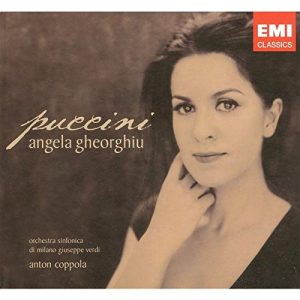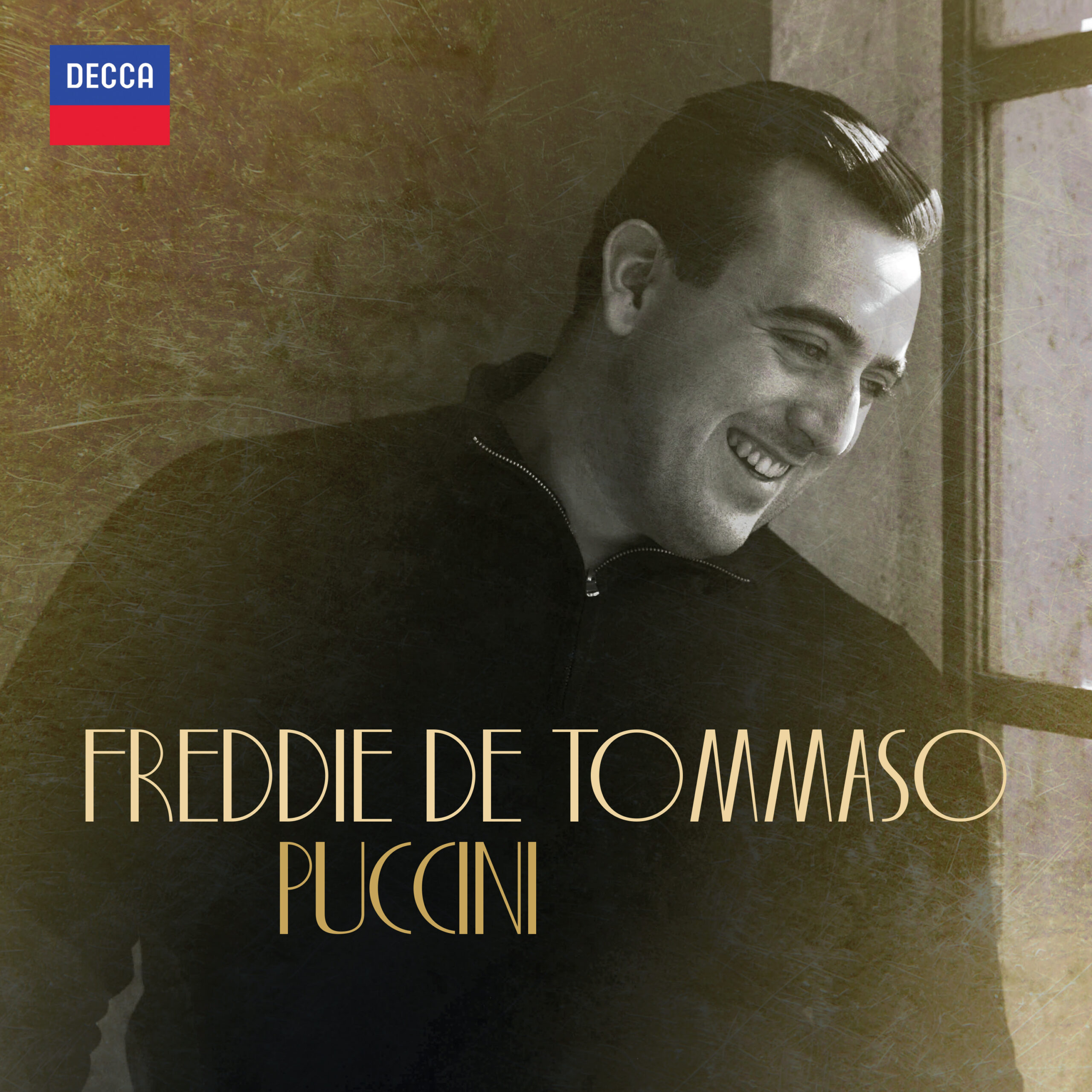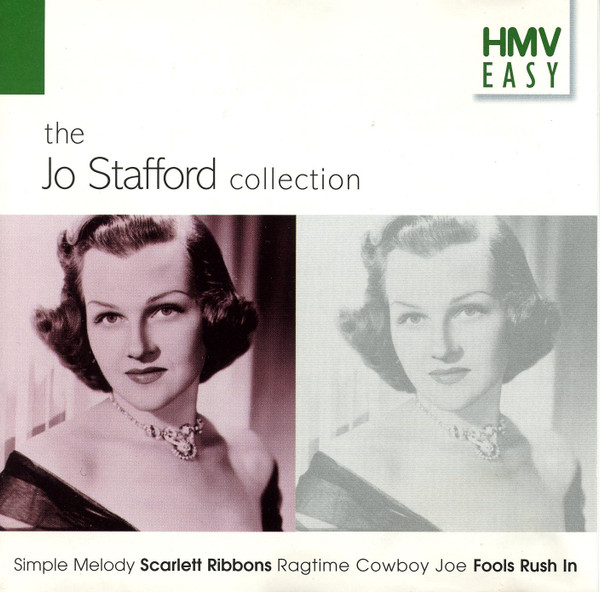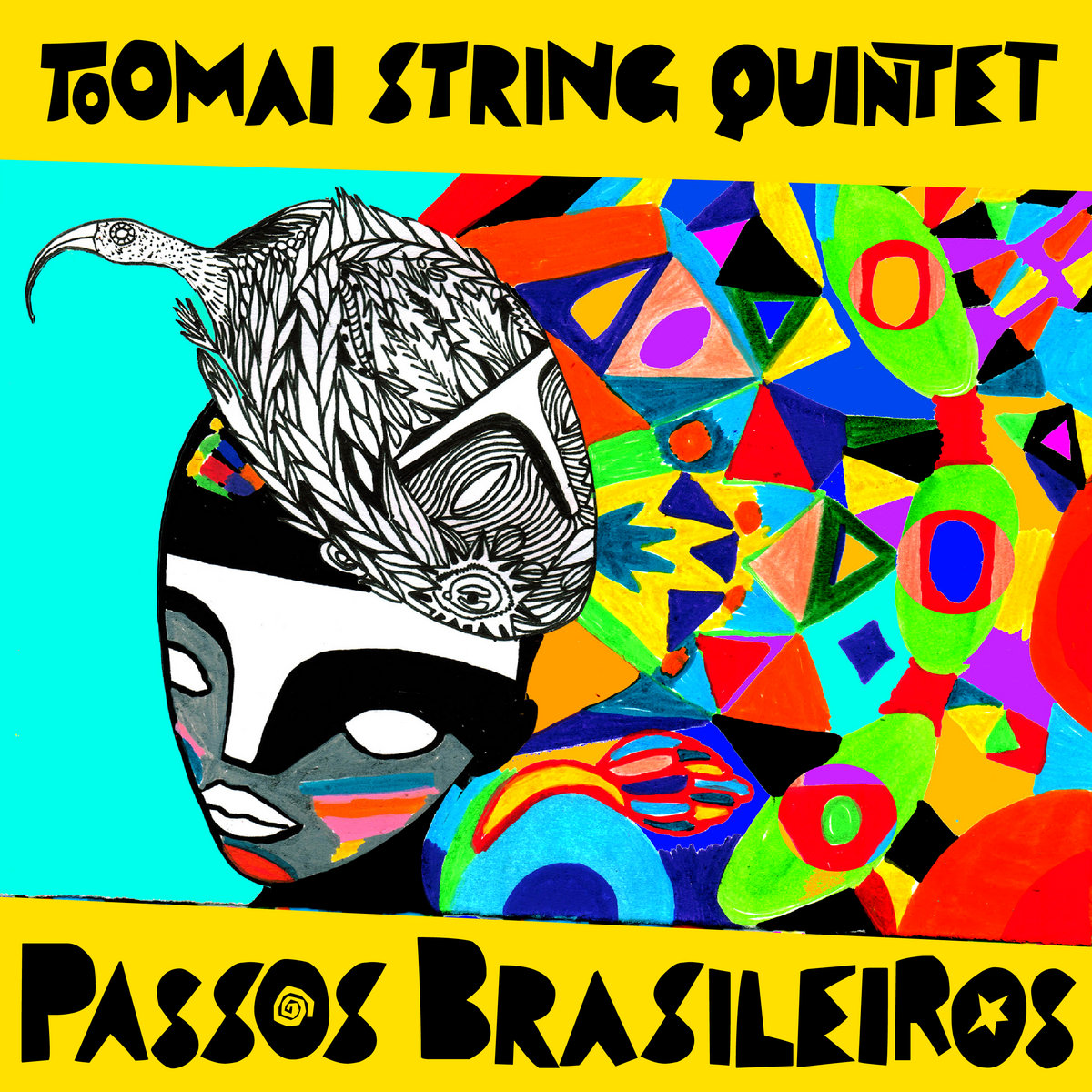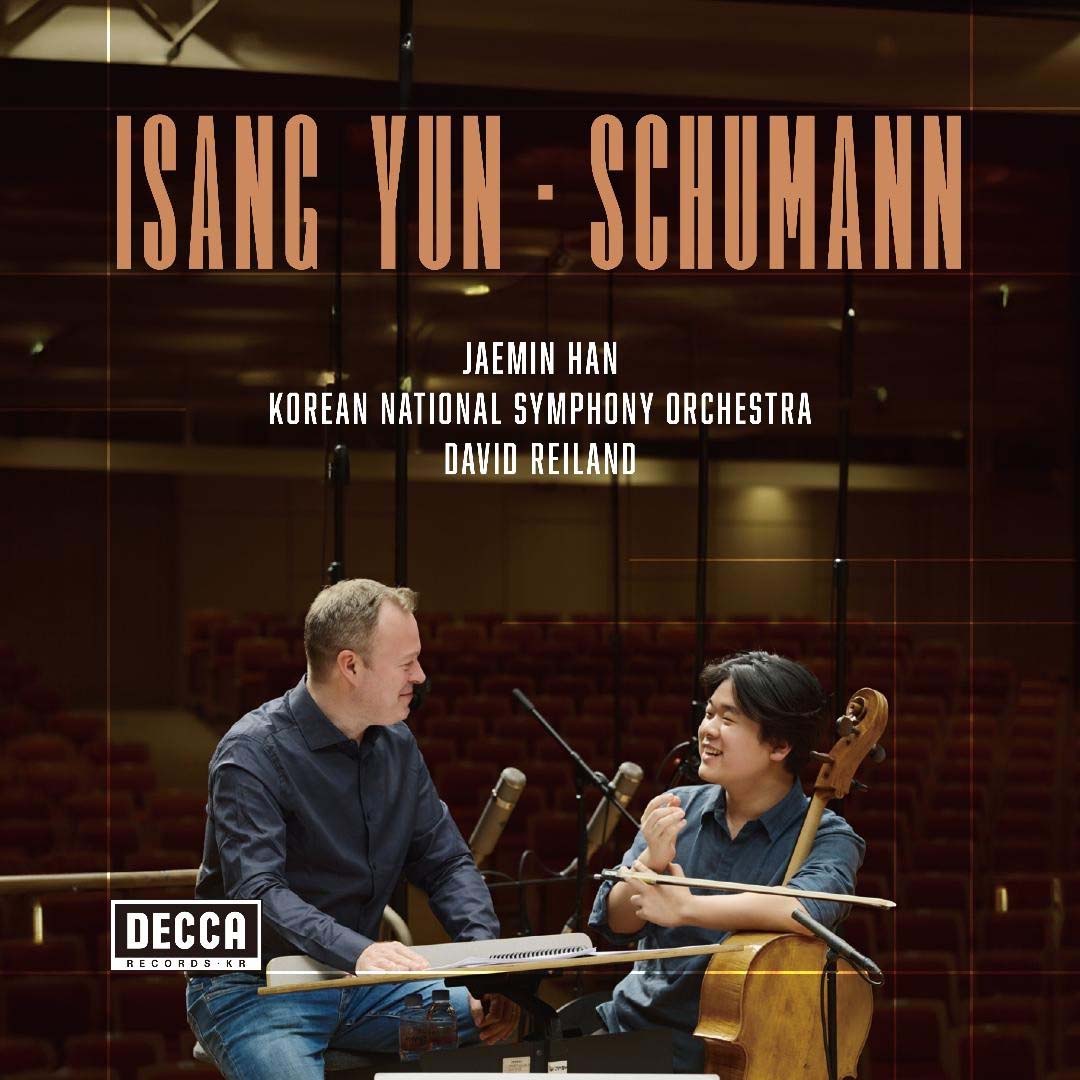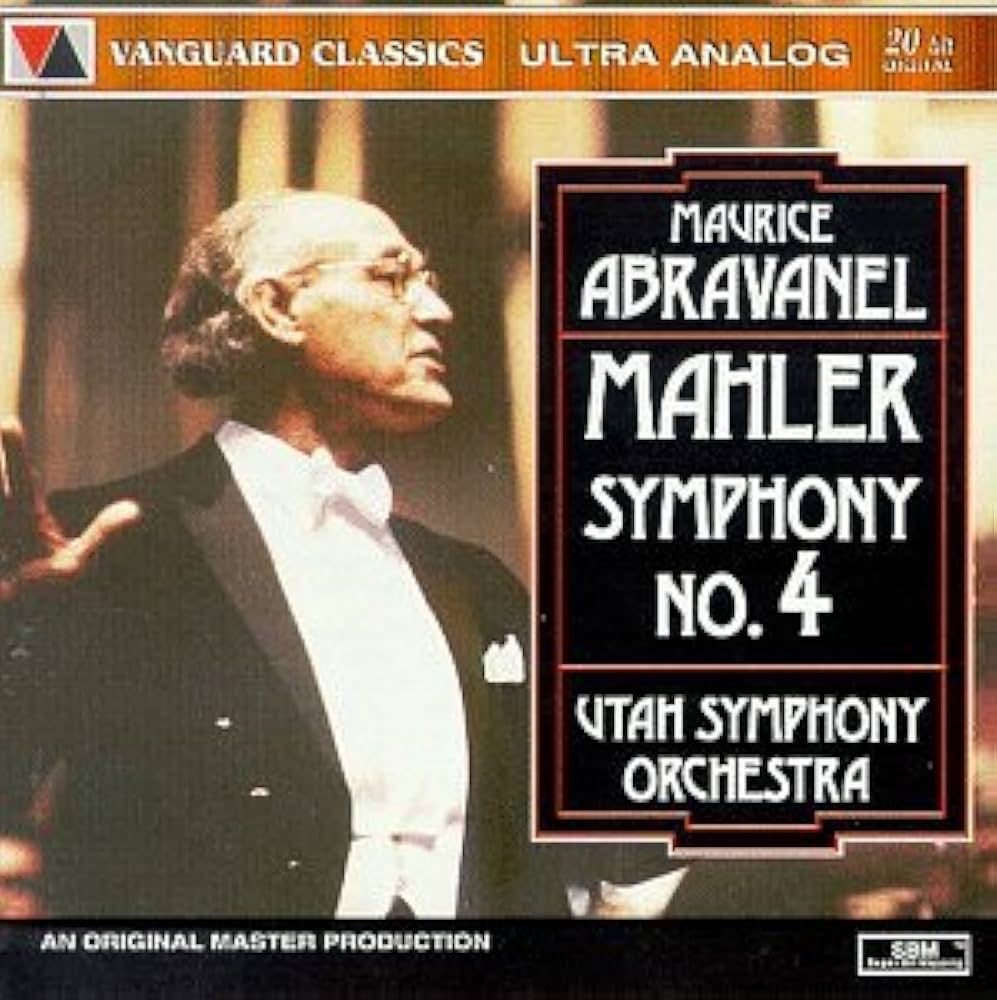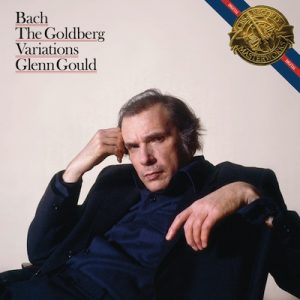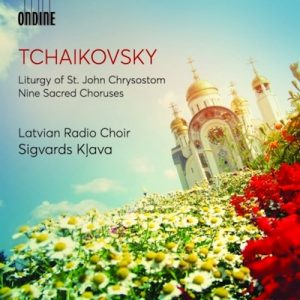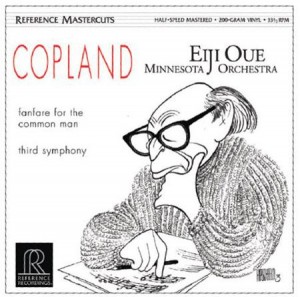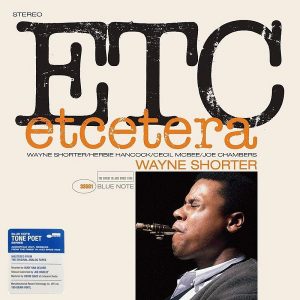Angela Gheorghiu, soprano; *Chorus of the Royal Opera House, Covent Garden; Orchestra Sinfonica di Milano Giuseppe Verdi/Anton Coppola; +Orchestra of the Royal Opera House, Covent Garden/Antonio Pappano. EMI Classics 50999 9 65938 2 0. TT: 73.35
Madama Butterfly: Un bel dì vedremo; Tu, tu, piccolo Iddio (with Roberto Alagna, tenor). Edgar: Addio, mio dolce amor*; Nel villaggio d'Edgar*. La rondine: Chi il bel sogno di Doretta. La bohème: Sì, mi chiamano Mimì; Quando m'en vo; Donde lieta uscì. La fanciulla del West: L'amore è un altra cosa...Laggiù nel Soledad. Manon Lescaut: In quelle trine morbide; Sola, perduta, abbandonata. Suor Angelica: Senza mamma. Gianni Schicchi: O mio babbino caro. Le villi: Se come voi piccina io fossi. Turandot: Signore, ascolta; Tu, che di gel sei cinta; In questa reggia (with Alagna). Tosca: Vissi d'arte+.
Downloads: amazon.com (mp3).
Remember when tenor Roberto Alagna and soprano Angela Gheorghiu were being touted as the new "first couple of opera"? The soprano was already a Covent Garden prima donna before hooking up with the tenor, and together they made a handsome, youthful impression. But both stars' stars, so to speak, ended up fading fast.
One understood the fuss over the good-looking, personable Alagna, who had a real Italianate lyric tenor, although repeated exposure would betray its unevenness. Gheorghiu's allure, once past her glamorous appearance, was more elusive. She certainly had the diva's lustrous, spinning top notes; as the voice moved down into the middle of the staff, however, its timbre dulled and lost vitality, which, in turn, left the upper range less reliably supported. Here, in the Rondine aria, the first high A nags slightly below pitch, though, on the repetition, the high C and B flat pop neatly, brilliantly into place. The final high notes of Senza mamma (A) and Signore, ascolta (B flat) are pretty, but tight rather than really floated; other high notes sound slightly throaty. In the opera house, I suspect that the soprano's persona and style proved persuasive; the purely auditory effect, however, is patchy.
Given Gheorghiu's basically lyric voice, some of the present repertoire seems questionably chosen. Both Manon Lescaut and Fanciulla lie lower than her voice prefers. From La Bohème, she sings both Mimì and Musetta; from Turandot, both the title role and Liù. In each case, the results are mixed. In Mimì's arias, she keeps pushing ahead, even jumping rests; the higher tessitura of Musetta's Waltz better suits her, although her broad manner misses the character's exuberance. Liù should suit this soprano, but the climaxes of both arias are mildly strained; as for the fearsome Turandot—unlikely casting—the music's gradual rise doesn't gain correspondingly in intensity, though the high-lying final phrases are thrilling.
Interpretively, Gheorghiu can be sensitive to mood: she sustains the expansive atmosphere of Laggiù nel Soledad nicely, for example, while the conversational passages of Addio, mio dolce amor and Donde lieta uscì have a pleasing verbal immediacy. Elsewhere, however, she toys with the midrange, fussing with the consonants here, nudging up to a pitch there. For some opera lovers, this bespeaks "temperament"; for me, it's a mannered distraction. At times in Senza mamma and at the start of Se come voi piccina, I kept thinking, "Just tell us the story!" The self-conscious rendering of O mio babbino caro belies the intensity of the introductory bars.
Maestro Anton Coppola knows this music and this style inside out, and provides well-organized support for the diva, drawing more beautiful, nuanced sounds from the Italian theatre orchestra than you might expect. The attack at the start of Un bel dì—he plays the "Piangi? perché?" passage, though Gheorghiu doesn't sing it—is cushioned yet full; the balance between strings and solo woodwinds in Nel villaggio d'Edgar is nicely gauged; well-blended woodwind chords introduce Senza mamma. He brings out the sense of fantasy in Le Villi, and makes the introductory phrases of Tu, che di gel sei cinta brooding rather than anguished. The woodwind syncopations in In quelle trine morbide smudge a bit—but this also happens in James Levine's estimable MET recording (Decca). In the bonus Vissi d'arte from 2002—apparently alone on a second disc in the original full-priced issue—Antonio Pappano conducts solidly.
Alagna rings out firmly in the tenor's brief contributions to Butterfly's death scene—Tu, tu continues to the end of the opera—and In questa reggia. The chorus appears in the scenes from Edgar and Turandot—their hushed contributions to the latter suggesting an appropriate ambivalence—but not in the Rondine aria. The sound is fine.
Although I've reviewed this from EMI's "Great Classical Recordings" issue—was it really such?—Warner Music has rereleased it since taking over that company. Amazon offers downloads from both sources; I suspect the differences are minimal.
Stephen Francis Vasta is Principal Conductor of Lighthouse Opera in New York. (lighthouseopera.org).




